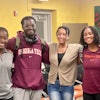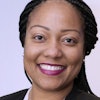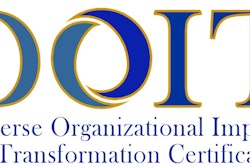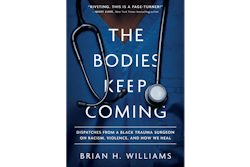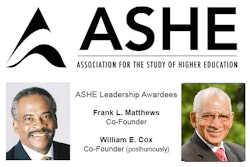Diversity training takes on many forms, depending upon where it is implemented, yet, given demographic shifts and globalization, an understanding of basic diversity and inclusion principles seems increasingly necessary. In higher education, which does not have the kind of top-down governance structures of business and government, even the term “diversity training” has to be adjusted to fit the academy.
“We don’t really call it training because we’ve done a lot of planning with faculty on this, and we’ve been told, at least at Berkeley, that faculty don’t resonate as much with the idea of being ‘trained,’” says Dr. Amy Scharf, director of Faculty And Departmental Diversity Initiatives at the University of California, Berkeley. “So we don’t actually call it training, very intentionally. We call it dialogue.”
Dr. Archie Ervin, president of the National Association of Diversity Officers in Higher Education (NADOHE) and vice president of institute diversity at the Georgia Institute of Technology, says that he prefers the term “diversity education” over “diversity training.”
“What we’ve done is engage faculty from the perspective that, if we can help them become more consciously aware of the unconscious factors that often impact their behaviors, which is decision-making, they make better decisions, and the decisions are more equitable in terms of impact,” says Ervin. “That’s a case study for the importance of education.”
At the University of Oregon (UO), Dr. Yvette Alex-Assensoh, vice president for equity and inclusion, says that diversity training is termed “empowerment and professional development.”
“Training is really a term that doesn’t really reflect the scope and the nature of what it is that universities [are] trying to do these days, especially at places like the University of Oregon. So we see efforts to empower faculty and help them develop professionally. I think when you use the word ‘training,’ folks think of it as remedial.”
Alex-Assensoh says empowerment and professional development at UO aims to help faculty have a common understanding of the principles necessary to be “excellent” in the classroom, in student engagement and in community engagement.
